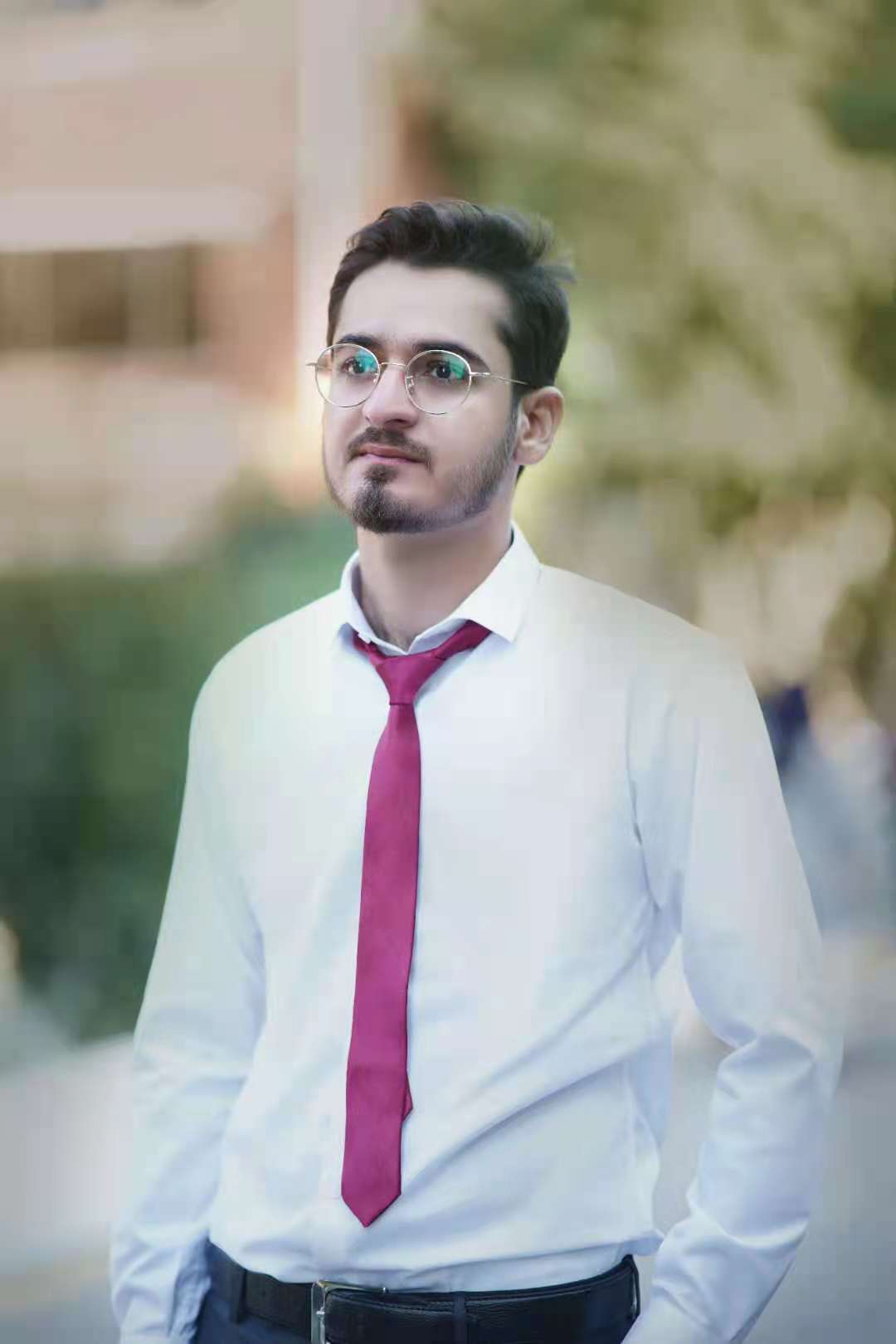The University of Luxembourg is an international research university with a distinctly multilingual and interdisciplinary character. The University was founded in 2003 and counts more than 6,700 students and more than 2,000 employees from around the world. The University’s faculties and interdisciplinary centres focus on research in the areas of Computer Science and ICT Security, Materials Science, European and International Law, Finance and Financial Innovation, Education, Contemporary and Digital History. In addition, the University focuses on cross-disciplinary research in the areas of Data Modelling and Simulation as well as Health and System Biomedicine. Times Higher Education ranks the University of Luxembourg #3 worldwide for its “international outlook,” #20 in the Young University Ranking 2021 and among the top 250 universities worldwide.
The Faculty of Science, Technology and Medicine (FSTM) contributes multidisciplinary expertise in the fields of Mathematics, Physics, Engineering, Computer Science, Life Sciences and Medicine. Through its dual mission of teaching and research, the FSTM seeks to generate and disseminate knowledge and train new generations of responsible citizens, in order to better understand, explain and advance society and environment we live in.
Your Role…
The successful candidates will be expected to conduct research with the aim of obtaining a Doctorate in either Physics, Biology or Engineering Science. They will also be expected to contribute to the institution’s activities, including seminars, teaching, outreach and various other research related events.
Our consortium offers an outstanding and dynamic environment for doctoral candidates, with multiple seminars, working groups, colloquia, and a doctoral school which also includes access to scientific and transferable skills training opportunities.
What we expect from you…
- Master’s Degree (or equivalent) obtained with top grades in any branch of computer, engineering, mathematical or natural science that has relevance (to be justified in the application) for studying Active Phenomena in Biology. (The degree must be obtained before the beginning of the contract but you can apply before)
- Good command of written and spoken English
- Very strong dedication to do state of the art research
In Short…
- Contract Type: 36 months fixed-term contract (up to 48 months if required)
- Work Hours: Full Time 40.0 Hours per Week
- Starting date: As soon as possible
- Location: Limpertsberg
- Employee and student status
- Job Reference: UOL04989 / R-AGR-3792-00-B PRIDE / DPHYMS
The yearly gross salary for every PhD at the UL is EUR 38.028,96 (full time)
How to apply…
Applications should be submitted online and include:
- CV and letter of motivation
- A track record/list of up to three PhD projects
- Transcript of academic records and copies of degrees
- Names of at least two references who are willing to write a letter of recommendation on the candidate’s behalf
- Any other relevant documents
Applications will be treated as they arrive. Applications by email will not be considered.
The University of Luxembourg embraces inclusion and diversity as key values. We are fully committed to removing any discriminatory barrier related to gender, and not only, in recruitment and career progression of our staff.
In return you will get…
- Multilingual and international character. Modern institution with a personal atmosphere. Staff coming from 90 countries. Member of the “University of the Greater Region” (UniGR).
- A modern and dynamic university. High-quality equipment. Close ties to the business world and to the Luxembourg labour market. A unique urban site with excellent infrastructure.
- A partner for society and industry. Cooperation with European institutions, innovative companies, the Financial Centre and with numerous non-academic partners such as ministries, local governments, associations, NGOs …
Further information…
More details about the Doctoral Training Unit and the projects proposed can be found on https://cls.uni.lu/dtu-phd-projects/
Apply:
Related articles:


